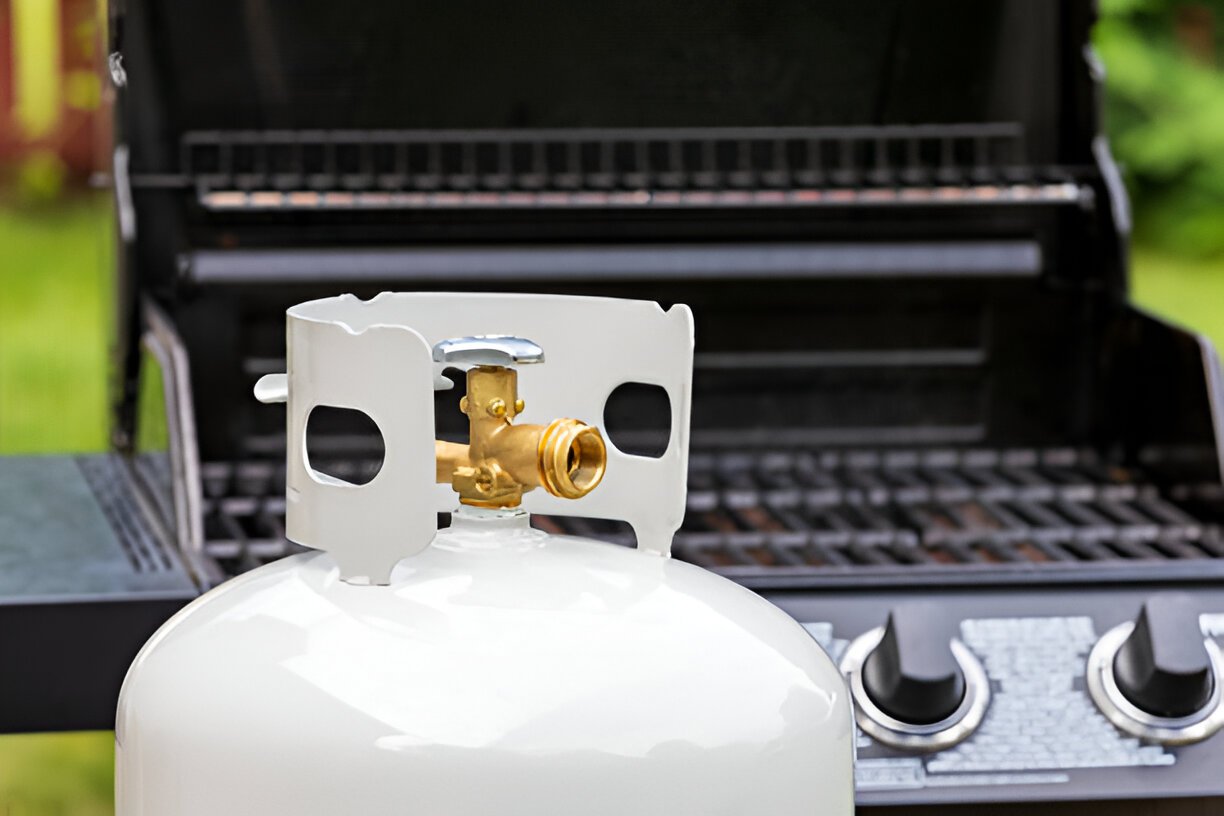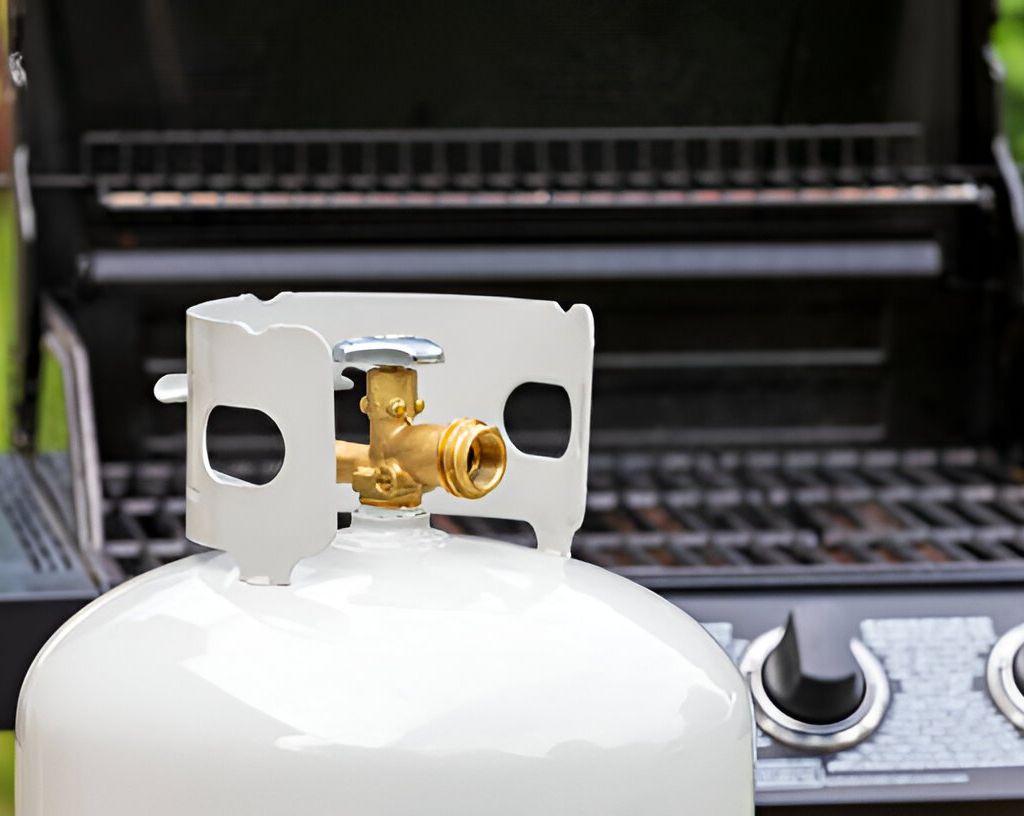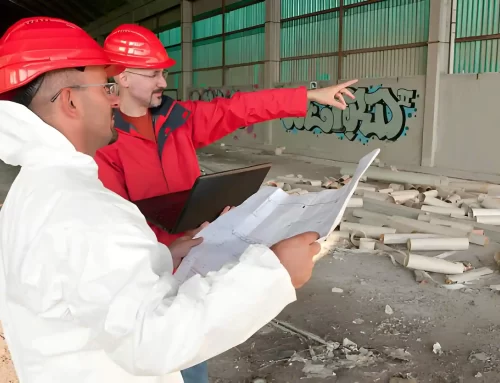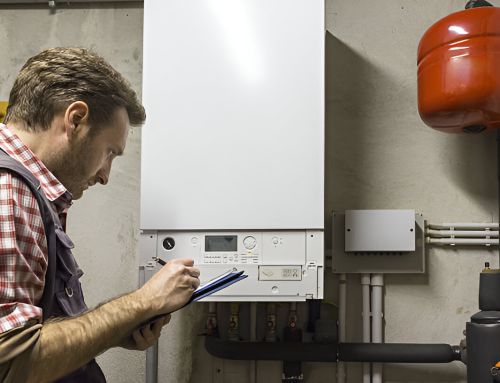
Curious about the costs connected with compliance for gas safety? I’ve got some insights that might help.
As a landlord, obtaining a Gas Safety Certificate is a key part of my role, but it’s more than a tick-box exercise – it’s about safeguarding my tenants.

Various variables, like property location, the number and type of appliances, and the engineer’s expertise, can add up, making this seem like a costly affair.
But trust me, there’s a manageable way through this maze. Stick around, you’ll find it’s worth your while as we unravel this together.
Factors Affecting Certificate Costs
When it comes to the cost of obtaining a Gas Safety Certificate, several key factors come into play:
- The number and type of gas appliances
- The location and type of the property
- The expertise and accreditation of the engineers
- Any additional services required
For instance, a property with multiple gas appliances may incur a higher cost due to the extensive inspection required. Similarly, the property’s location can impact the cost, as rates may differ by region or city.
The engineer’s qualifications also play a pivotal role in determining cost. Highly experienced and accredited engineers may charge more for their expertise.
Detailed Cost Breakdown
Understanding the cost breakdown of obtaining a Gas Safety Certificate is essential for budgeting and financial planning. Let’s take a closer look.
Typically, the basic fee for a gas safety check ranges from £60 to £100. This includes the inspection of one appliance, usually your boiler. If there are additional appliances, each may incur a charge of about £10 to £20. In some cases, engineers might offer discounts if multiple appliances are inspected at once.
Legal Implications of Non-Compliance
Frequently, landlords overlook the serious legal implications involved with not complying with gas safety regulations. If you’re caught without a valid gas safety certificate, you’re not just risking a hefty fine – you could also face imprisonment.
Non-compliance isn’t a small matter; it’s a criminal offense under the Gas Safety Regulations 1998. If there’s an accident due to gas appliance malfunction and you lack a valid certificate, you’re liable for prosecution. It can result in unlimited fines and even imprisonment.
Moreover, if a tenant is injured due to your negligence, they can sue for personal injury or wrongful death. So, it’s not just about the costs; it’s about understanding the weight of the law and the potential repercussions.
Landlord’s Responsibilities and Costs
As a landlord, it’s crucial to stay on top of your responsibilities, not only for the safety of your tenants but also to avoid the hefty costs associated with non-compliance to gas safety regulations.
It’s mandatory for landlords to obtain a Gas Safety Certificate annually from a registered Gas Safe engineer. This document proves that all gas appliances, pipes, and flues are safe to use. The average cost ranges between £60-£100. Factors that affect the price include the number of appliances, the property’s location, and the engineer’s rates.
If you’re found guilty of non-compliance, you face legal repercussions and financial penalties. Therefore, understanding these costs and ensuring timely checks are an integral part of your landlord responsibilities.
Benefits of Professional Services
Opting for professional services in obtaining a Gas Safety Certificate not only ensures compliance with regulations but also brings several benefits that contribute to efficient property management and tenant safety. Engaging experts reduces the risk of non-compliance penalties, ensuring all gas appliances are checked thoroughly and meet the required standards.

It’s less hassle for me as a landlord because I don’t have to worry about missing any safety checks or updates in regulations. Professionals also provide detailed reports, giving me insights into potential risks and necessary preventive measures. Most importantly, I’m confident that my tenants are safe.
These experts also offer advice on energy efficiency, which can lead to significant cost savings in the long run. It’s an investment that offers peace of mind and financial benefits.
Frequently Asked Questions
What Are Some Common Signs That a Gas Appliance May Need Inspection or Repair?
Common signs an appliance may need inspection or repair include a yellow or orange flame, sooty stains, excessive condensation, and unusual smells or sounds. I recommend immediate action if these symptoms are present.
How Frequently Should a Landlord Renew the Gas Safety Certificate?
As a landlord, I’m required to renew the gas safety certificate annually. This ensures the continuous safety of my tenants and compliance with the Gas Safety Regulations 1998. It’s a non-negotiable part of property management.
What Steps Should a Tenant Take if They Suspect the Property They Are Renting Doesn’t Have a Valid Gas Safety Certificate?
If I suspect my rental property lacks a valid gas safety certificate, I’d first ask my landlord. If they can’t provide it, I’d report them to the Health and Safety Executive for non-compliance.
Are There Any Insurance Implications for Landlords Who Fail to Obtain a Gas Safety Certificate?
Yes, failing to obtain a gas safety certificate can lead to serious insurance implications. If an incident occurs, insurance companies may not cover the damages, leaving me personally liable for any costs or legal actions.
Can a Landlord Pass the Cost of Obtaining a Gas Safety Certificate Onto the Tenant?
No, as a landlord, I can’t pass the cost of obtaining a gas safety certificate onto the tenant. It’s my legal responsibility to ensure all gas appliances are safe and certified in my rental properties.
Conclusion
In conclusion, securing a Gas Safety Certificate might seem complex and costly, but it’s a pivotal part of property management. Not only does it keep you on the right side of the law, but it’s also crucial for your tenants’ safety.
With a clear understanding of the costs, your responsibilities, and potential legal risks, it’s perfectly manageable. And with professional assistance like Fraser Bond’s services, you can navigate this process with ease and confidence.
Our Pricing
| Our Gas Safety Certificate Prices |
|---|
| Gas Safety Certificate 1 Appliance £45 |
| Gas Safety Certificate 2 Appliance £55 |
| Gas Safety Certificate 3 Appliance £65 |
| Gas Safety Certificate & Boiler Service £74.99 |
Check Out Our Other Services
About the Author: LandlordCertificate
Related Posts
Get Social
Recent Posts
- Electrical Diagnostic London: How Professional Testing Keeps Your Property Safe and Compliant
- Asbestos Management Survey London: Update Your Property Records
- Gas Safety Certificate London: Why Regular Checks Save Money Long-Term
- FRA London Explained: How a Professional Fire Risk Assessment Keeps You Compliant and Safe
- When a New Tenancy Requires Your EICR Certificate London Renewal













